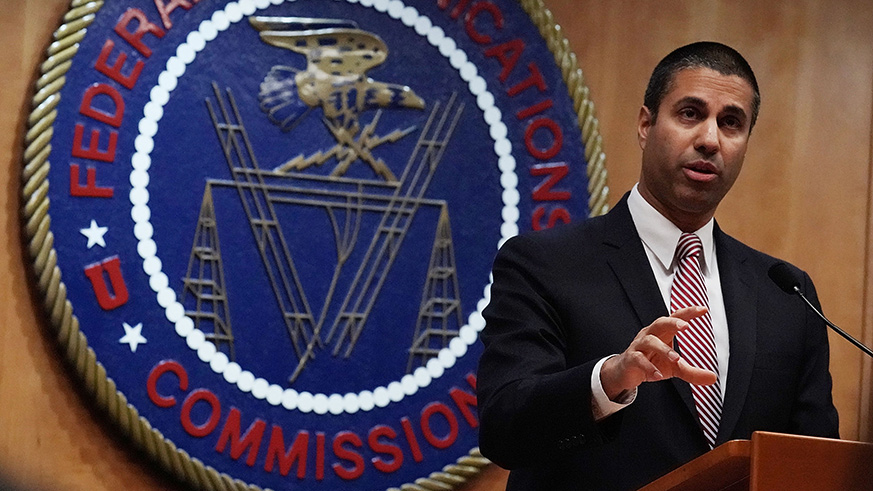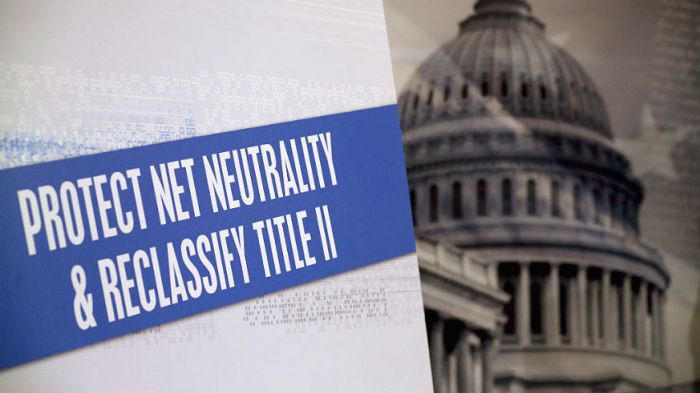As of Monday, April 23, net neutrality is officially dead.
In December 2017, the Federal Communications Commission voted to repeal net-neutrality rules, which were created in 2015 during the Obama-era. The regulations were created to prohibit Internet service providers from throttling broadband traffic and banned them from offering “fast lanes.” Without net neutrality, Internet service providers (ISPs) could control how affordable and how quickly certain content can be delivered to customers.
The FCC voted 3-2 to repeal net neutrality rules on December 14, 2017, and since then tech leaders published an open letter to the Senate Commerce Subcommittee on Communications, Technology, Innovation, and the Internet to request that the FCC cancel the vote.
FCC chairman Ajit Pai, who was appointed by President Trump, argues that net neutrality rules prevent broadband companies from innovating and making adjustments to their business models. According to the Pai, Internet regulation will return to a “light touch” approach that was in place until 2015, when the Obama administration decided that broadband providers could not block, throttle or prioritize companies or customers that pay more money for broadband service. In 2015, the FCC classified broadband service as a utility that was regulated by the government.
With net neutrality gone, service providers such as Verizon, Spectrum, Comcast etc. could potentially change the way they charge you for their services and content. Under the repeal, broadband providers are still required to disclose when they decide to alter Internet traffic or when they offer faster service for customers who pay more.

Who controls the Internet since net neutrality is dead?
As of April 23, 2018, the Federal Trade Commission (FTC) has control over Internet providers to ensure that Internet service providers do not violate contracts with customers.
Will the end of neutrality repeal affect me now?
The repeal of net neutrality could affect how we use the Internet in the future. Internet service providers could have the ability to make changes to their business models to provide content quickly to customers willing to pay more, while lower paying customers may not have certain content available to them. Despite the drastic change to end the regulation of the Internet, it’s unlikely you will notice any of these changes soon.
However, you may notice changes over time. Since the Internet will no longer be regulated by the FCC, consumers will be at the mercy of broadband services. Companies could begin to create bundle packages that will grant users access to certain content on the Web similar to the way cable providers offer special TV channel bundles for its customers.














